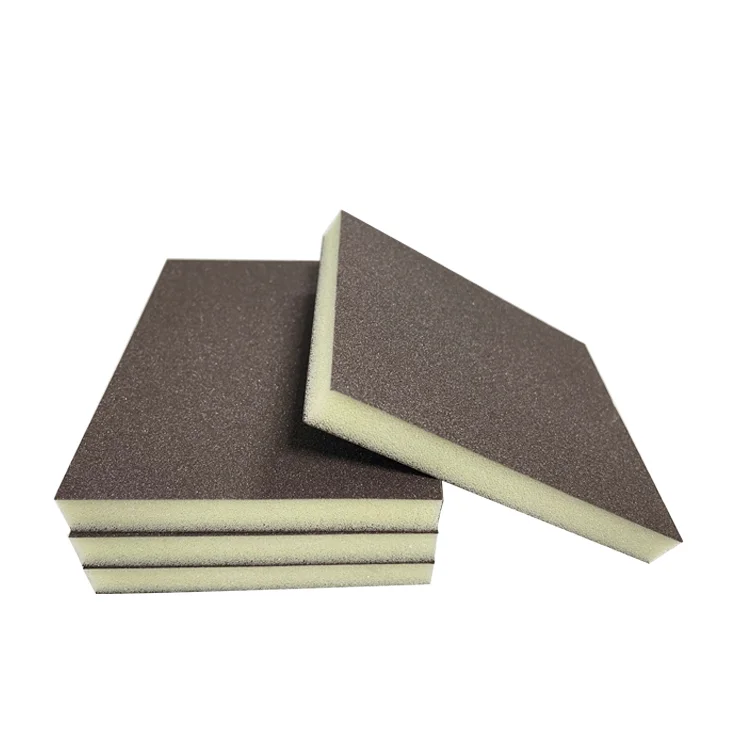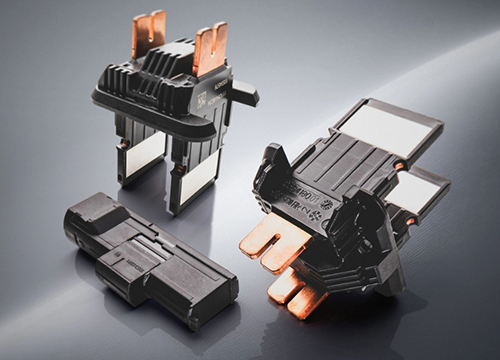Have you ever wondered how designers and engineers capture the exact shape of objects in seconds? 3D scanners have revolutionized the way industries measure, analyze, and recreate real-world objects with high precision. From aerospace components to consumer products, these scanners are essential for quality control, reverse engineering, and rapid prototyping.
With the rise of smart manufacturing and digital twins, choosing the right 3D scanner can make a significant difference in production efficiency, accuracy, and innovation. Understanding their types, features, and applications helps you make informed decisions and gain a competitive advantage.
Understanding 3D Scanners
A 3D scanner is a device that captures the shape and dimensions of a physical object and converts it into a digital 3D model. Using technologies like laser triangulation, structured light, and photogrammetry, these scanners can record millions of surface points in minutes.
3D scanners are non-contact, meaning they measure without physically touching the object, making them ideal for delicate, intricate, or large components. The captured data can be used for product design, quality inspection, reverse engineering, or even 3D printing.
Depending on your requirements, 3D scanners come in handheld, desktop, or industrial-grade models. Each type offers different ranges, accuracy, and speed, making it essential to choose a system that matches your project needs.
Key Advantages of 3D Scanners
The use of 3D scanners brings multiple benefits to manufacturing, engineering, and research:
-
High precision: Captures detailed surface information down to microns.
-
Speed and efficiency: Reduces measurement time from hours to minutes.
-
Non-contact measurement: Protects delicate or soft components from damage.
-
Versatility: Can scan objects of different sizes and shapes, including complex geometries.
-
Digital integration: Seamlessly links to CAD software, inspection systems, and quality control workflows.
These benefits allow engineers and designers to work faster, reduce errors, and improve product quality, while maintaining a digital record of every object for future reference.
Applications of 3D Scanners in Industry
-
Aerospace: 3D scanners help measure turbine blades, fuselage parts, and intricate components to ensure they meet strict tolerances and regulatory standards.
-
Automotive: From car bodies to engine components, 3D scanning enables precise quality control, mold inspection, and reverse engineering for new designs.
-
Healthcare: Medical devices, prosthetics, and dental appliances benefit from patient-specific scans, ensuring comfort and functionality.
-
Consumer Electronics: Smartphones, wearables, and small electronics require accurate 3D measurements for assembly, testing, and ergonomic design.
-
Architecture and Construction: Large-scale 3D scanners capture building structures, bridges, or historical sites for reconstruction, modeling, or restoration projects.
With so many applications, it’s no wonder 3D scanners are becoming essential tools in nearly every high-tech industry.
Types of 3D Scanners
Understanding the different types of 3D scanners helps you select the right tool for your needs:
-
Laser Scanners: Use laser beams to map surfaces. Excellent for high-accuracy industrial measurements and quality inspection.
-
Structured Light Scanners: Project light patterns on objects and capture deformations. Ideal for small to medium objects and fast scanning.
-
Photogrammetry: Uses multiple photographs to create 3D models. Suitable for large-scale or outdoor scanning, such as buildings or landscapes.
-
Handheld Scanners: Portable and flexible, used for rapid prototyping and on-site inspections.
-
Industrial-Grade Fixed Scanners: Stationary systems with high precision, used in factories for automated inspections of complex parts.
Choosing the right scanner depends on object size, required accuracy, and workflow integration.
Choosing the Right 3D Scanner
When selecting a 3D scanner, consider the following factors:
-
Accuracy: Does your project require micron-level precision or general dimensional checks?
-
Size range: Will you scan small components, medium objects, or large assemblies?
-
Speed: High-throughput production may require faster scanning technologies.
-
Software compatibility: Ensure it integrates with your CAD, QA, or reverse engineering software.
-
Budget and ROI: High-end scanners may cost more upfront but save time and reduce errors in the long run.
Careful selection ensures that the 3D scanner meets your technical and operational goals efficiently.
Why Invest in 3D Scanners for Your Business?
Investing in a high-quality 3D scanner improves manufacturing precision, reduces defects, and accelerates product development cycles. It also strengthens competitive advantage by enabling:
-
Rapid prototyping: Transforming design ideas into physical or digital models quickly.
-
Quality assurance: Detecting deviations from CAD designs before costly errors occur.
-
Reverse engineering: Reproducing legacy components or custom parts accurately.
-
Digital archiving: Maintaining detailed digital records of products for traceability and redesign.
Companies adopting 3D scanning technology report significant time and cost savings, as well as improved product quality and innovation speed.
Shanghai Yifeng Precision Instrument Co., Ltd.: Trusted Partner in 3D Scanning Solutions
For businesses seeking professional 3D scanner solutions, Shanghai Yifeng Precision Instrument Co., Ltd. offers reliable and innovative systems. Founded in 2009 in Shanghai, the company is a high-tech enterprise with ISO 9001, ISO 14001, and ISO 45001 certifications.
Yifeng specializes in geometric measurement, optical testing, 3D scanning, mechanical testing, and non-destructive testing, providing comprehensive one-stop solutions for industrial and research clients.
Comprehensive 3D Scanning Portfolio
Shanghai Yifeng provides a variety of 3D scanners, including:
-
Handheld 3D scanners for flexible on-site inspections
-
Desktop scanners for precision laboratory measurement
-
Industrial fixed scanners for high-throughput production environments
Yifeng also integrates advanced data processing software to generate accurate digital models, surface analysis reports, and CAD-ready outputs, ensuring seamless workflow integration.
Global Reach and Industry Recognition
Yifeng serves clients across China, Southeast Asia, North America, Europe, and Africa, including aerospace companies like COMAC, automotive leaders like SAIC Volkswagen, and top academic institutions like Shanghai Jiao Tong University and Zhejiang University.
Its reputation for precision, reliability, and service excellence makes it a trusted partner for high-performance 3D scanning applications worldwide.
Conclusion: Unlock Innovation with 3D Scanners
Modern industries demand precision, speed, and flexibility. 3D scanners are essential tools for achieving these goals. Selecting the right scanner and a trusted supplier like Shanghai Yifeng Precision Instrument Co., Ltd. ensures high-quality measurement, efficient workflows, and accelerated product development.
Contact Yifeng today to explore advanced 3D scanner solutions that can enhance your quality control, product design, and research capabilities.
https://www.yifimglobal.com/3D-scanner
Yifeng

